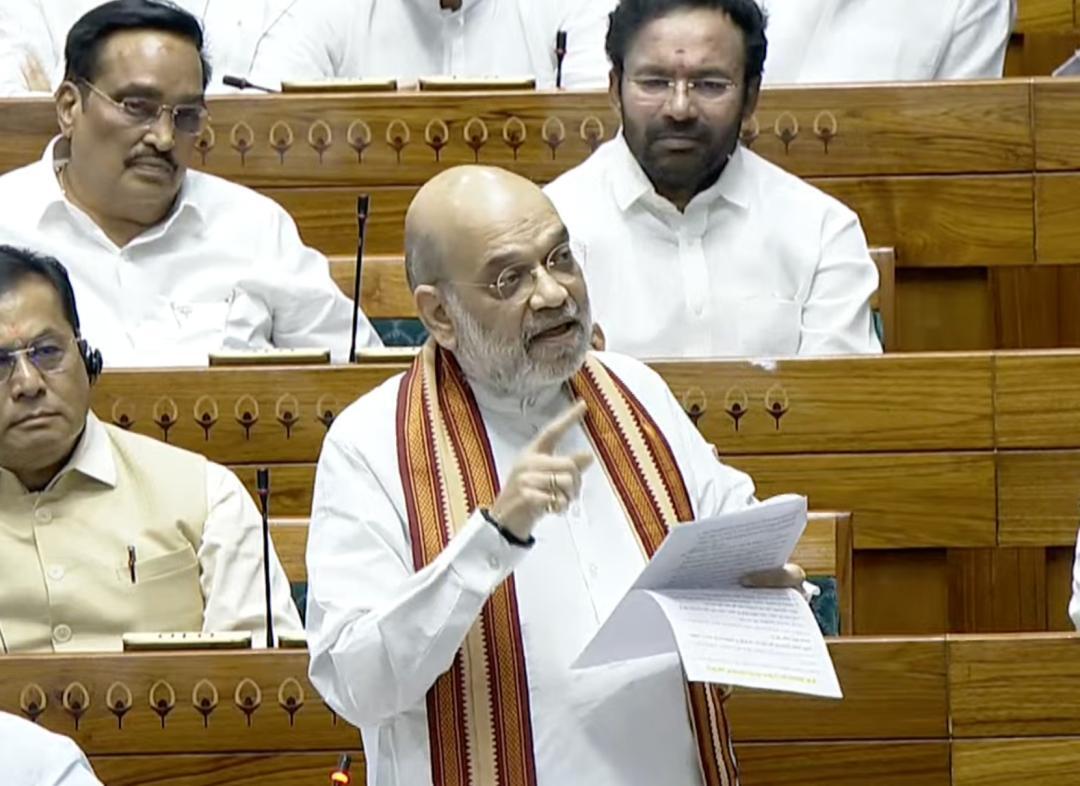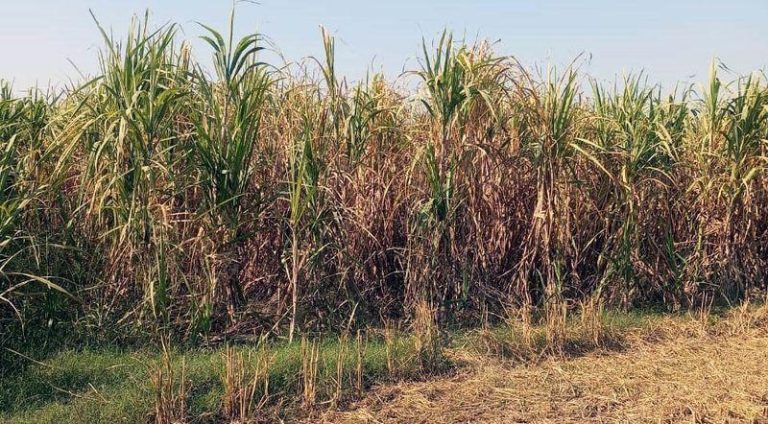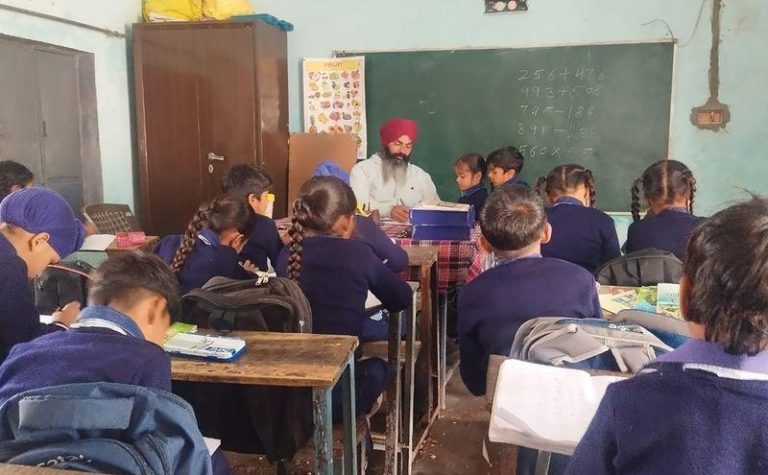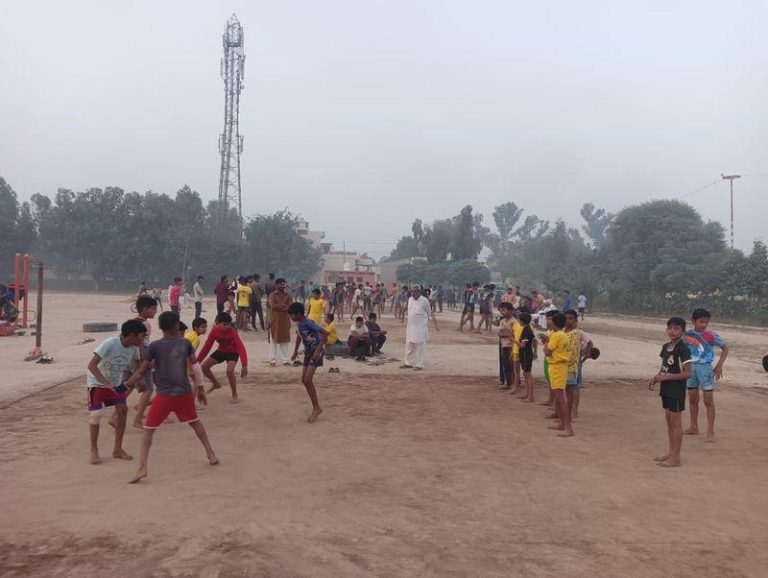
What did J&K Locals Arrested for Housing Pahalgam Terrorists Tell Government?
The recent arrest of two Jammu and Kashmir locals for allegedly housing terrorists involved in the Pahalgam attack has sent shockwaves across the country. The Union Home Minister, Amit Shah, revealed in a statement to the Lok Sabha that the two individuals, who were arrested by the security forces, provided crucial details about the terrorists’ stay at their hut. The minister’s statement has raised more questions than answers, and in this blog post, we will delve deeper into the matter and explore what the J&K locals might have told the government.
As per the Home Minister’s statement, the two J&K locals, who were arrested for housing the terrorists, told the government that the militants reached their hut, located 2km from the Baisaran Valley, on April 21. The terrorists, armed with AK-47 and M9 Carbine, allegedly spent some time at the hut, eating, drinking tea, and taking some food, salt, chillies, and masalas before leaving. The minister’s statement has sparked concerns about the extent of terrorist infiltration in the valley and the role of local residents in supporting their activities.
The Pahalgam attack, which took place in April, was a brazen terrorist strike that left several people injured. The attack was carried out by a group of heavily armed terrorists who stormed a tourist resort in the picturesque town of Pahalgam. The attack was widely condemned by the government and the people of Jammu and Kashmir, and the security forces launched a massive operation to track down the terrorists and bring them to justice.
The arrest of the two J&K locals has raised questions about the extent of terrorist infiltration in the valley and whether local residents are aware of or actively support terrorist activities. The government’s statement has sparked concerns about the vulnerability of the valley to terrorist attacks and the need for enhanced security measures to protect the lives of innocent civilians.
The Home Minister’s statement has also raised questions about the effectiveness of the government’s counter-terrorism strategy in the valley. The government has been criticized for its handling of the situation, with many arguing that the security forces are not doing enough to prevent terrorist attacks and that local residents are not being sufficiently engaged in the counter-terrorism effort.
The Pahalgam attack was a stark reminder of the challenges facing the government in its fight against terrorism in Jammu and Kashmir. The attack was a wake-up call for the government, highlighting the need for enhanced security measures and a more effective counter-terrorism strategy.
The Home Minister’s statement has also sparked concerns about the role of local residents in supporting terrorist activities. The government has long maintained that local residents are not actively supporting terrorist activities, but the Pahalgam attack has raised questions about the extent of terrorist infiltration in the valley.
The government has launched a number of initiatives to engage local residents in the counter-terrorism effort, including the establishment of the Jammu and Kashmir Police’s Special Task Force (STF) and the launch of the “Operation All Out” against terrorists. However, the Pahalgam attack has raised questions about the effectiveness of these initiatives and whether local residents are fully committed to the government’s counter-terrorism efforts.
In conclusion, the Home Minister’s statement has raised more questions than answers about the Pahalgam attack and the extent of terrorist infiltration in Jammu and Kashmir. The government must act swiftly to address the concerns raised by the minister’s statement and ensure that local residents are fully engaged in the counter-terrorism effort. The people of Jammu and Kashmir deserve to live in peace and security, and it is the government’s duty to ensure that they are protected from terrorist attacks.
Source:






